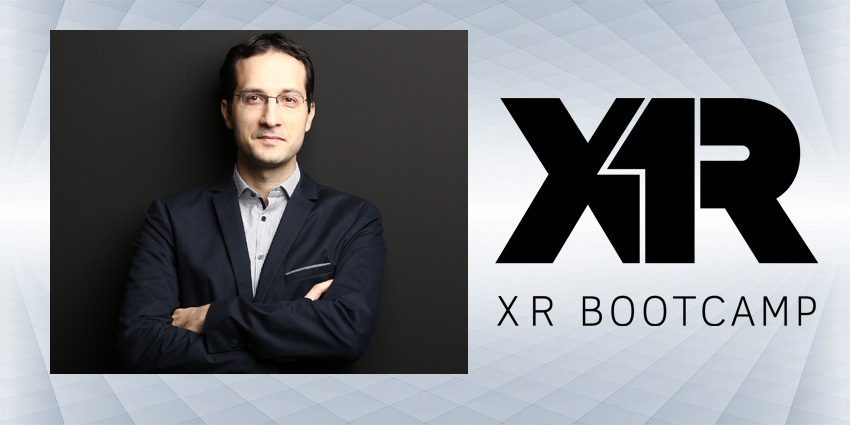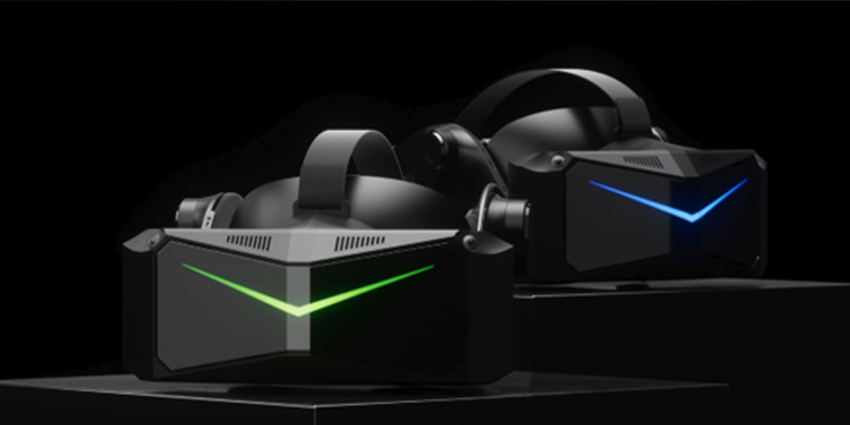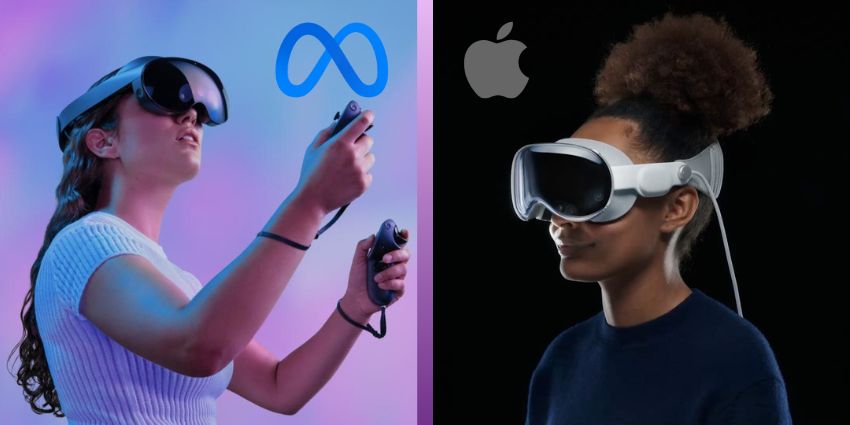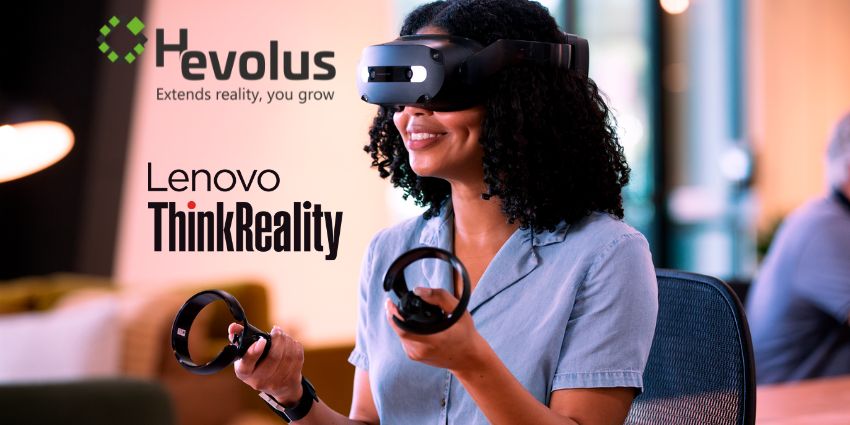XR Bootcamp is an online academy to democratise extended reality (XR) content development by delivering high-quality augmented reality and virtual reality (AR/VR) training for students worldwide.
Founded in 2016, the bootcamp is open to applicants with any level of experience, and the eLearning firm offers “hundreds of VR tools and SDKs” to help students learn XR content creation from any hardware or software perspective.
The Berlin-based digital academy delivers accurate industry insights via its current masterclasses and strong line up of external advisors, lecturers, trainers, and mentors, which include representatives from major XR firms such as Facebook, XR Ignite, and Accenture.
Furthermore, the institution’s ‘XR Creators Expert Group’ is an online network that enables knowledge exchange between students and teachers.
XR Bootcamp is also currently accepting applications for its ‘XR Foundations & Prototyping’ course which starts on January 10, 2022.
XR Today spoke with Ferhan Ozkan, Co-founder of XR Bootcamp, to discuss the organisation’s AR/VR education and long-term goals.
How did you identify the need to establish an XR eLearning course in 2016?
Ferhan Ozkan: In 2016, our first goal was to democratise AR/VR, and even before educating people, we had to give them enough infrastructure or a sufficient environment to build upon.
Unfortunately, the number of headsets on the market five years ago was quite low, and young creators had difficulty accessing headsets.
From that perspective, we faced typical early adoption challenges. We initially thought that, the earlier we expose enthusiasts and creators to VR technology, the better [it would be] for the industry.
VR is not a technology that you can explain without effort, and is the reason why our first focus was on how to distribute headsets globally.
We worked with major manufacturers, including Intel, Oculus [Meta], and HTC VIVE, who supported us by donating hundreds of headsets, which we later distributed around the world to over 50 locations.
Some of them were startup clusters and others university labs, so even one headset could reach maybe tens of hundreds of people in a year.
We not only work with universities on the hardware side, but we also help their programmes. We also work with government bodies to create the AR/VR-focused initiatives to help their curriculums and create projects at these [University] labs.
Based on the advisory board that XR Bootcamp created with major company representatives, we realised there was not only a quantitative skills gap, but a qualitative one as well.
I saw your [LinkedIn] post on two beginner-level students, where you explained how these individuals learnt their VR craft from scratch. Why is important to introduce students to basic coding and scripting skills in addition to XR training?
Ferhan Ozkan: We firstly want to make it accessible, but secondly, I believe it is very important the XR industry has software developers to meet the skills requirements.
Most people are trying to design their VR experience based on previous backgrounds in mobile app design, which is unacceptable in the industry.
So, we also want designers to learn scripting skills and use their subject matter expertise and design knowledge to [develop VR] prototypes. It’s extremely valuable to understand XR use cases and innovate, because as developers, [students] have to learn to do both.
We call it ‘prototyping,’ and no matter what, an individual needs to learn these skills [for example] if you’re a designer to improve scripting knowledge.
You have a highly experienced group of mentors, advisors and lecturers. What do these individuals offer to your students?
Ferhan Ozkan: Our first focus is that, if we want to make people job-ready, its important to bring in top professionals from the industry who can teach that [subject matter], rather than just arranging one instructor to host all classes.
We work with our industry board to define the most pressing and in-demand skills that [a majority of the] industry needs today, and based on that, we find the top individuals from that area of expertise.
For example, in our Advanced VR Interactions Class, we worked with Dennys Kuhnert, Chief Operating Officer for Holonautic, who created the Hand Physics Lab.
Regarding masterclass.com, we are on the front of bringing in top celebrities. [Our advisors] are not our full-time employees and we simply tell them to “do what you do best and continue doing that,” so whatever [an XR Bootcamp advisor] learns and whatever changes in VR, we bring that to the class.
What does the future hold for XR Bootcamp?
Ferhan Ozkan: Whatever the future holds for XR and the Metaverse, we will be there and at the forefront of that.
We have a few plans with multiplayer [experiences], because this is something that, after interactions and optimization, is one of the biggest challenges. Creating a seamless multi-user experience not only for ten-twenty people, but maybe hundreds of people in the same environment.
As I mentioned, we really want to be at the forefront and are not hesitating to create a class that will define the future skills needed for the XR industry.
To learn more about courses available at XR Bootcamp, please visit their website for more information.







